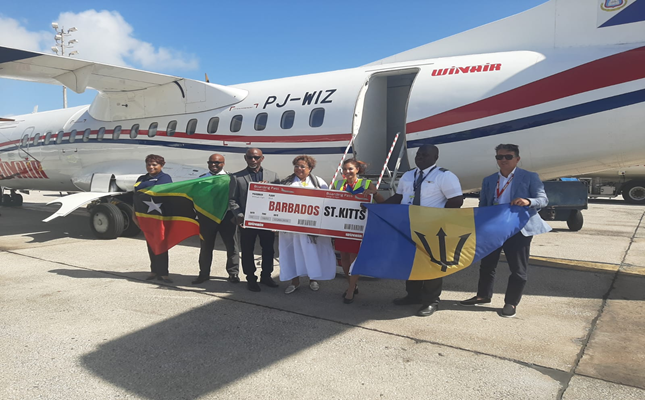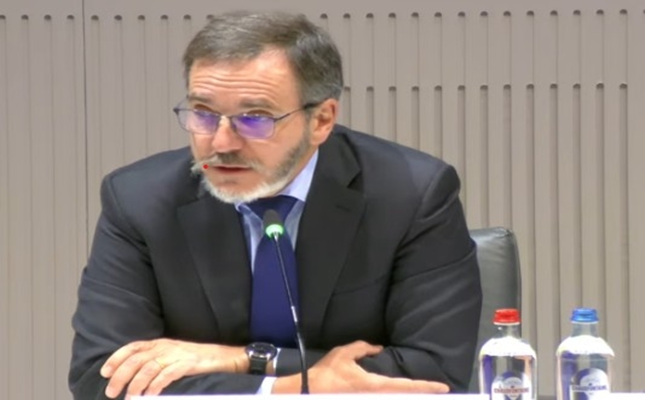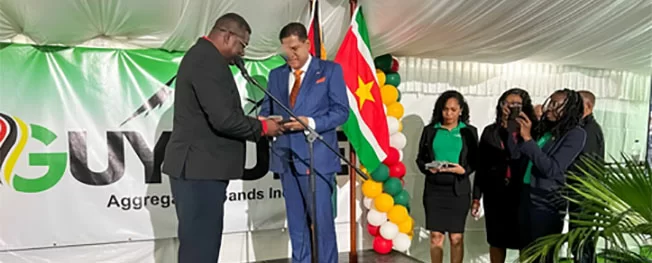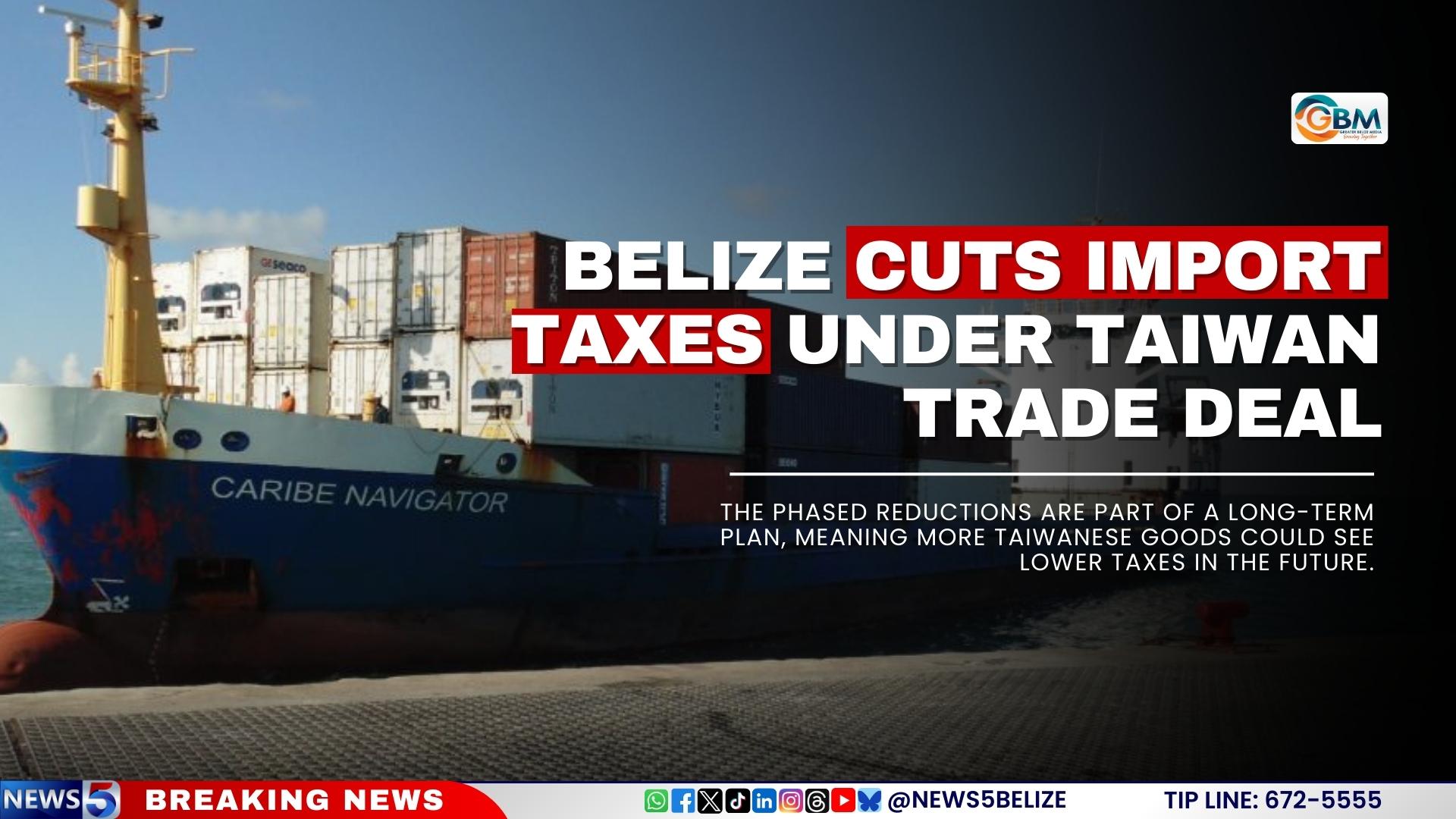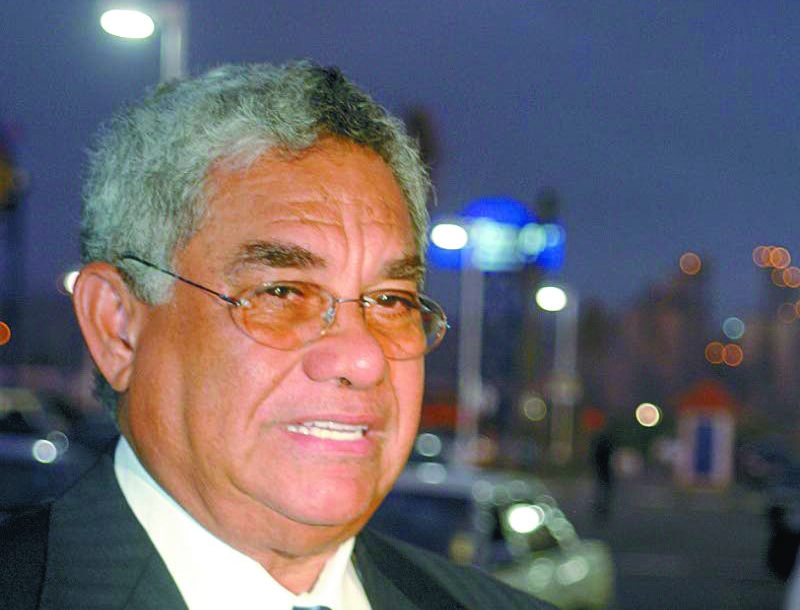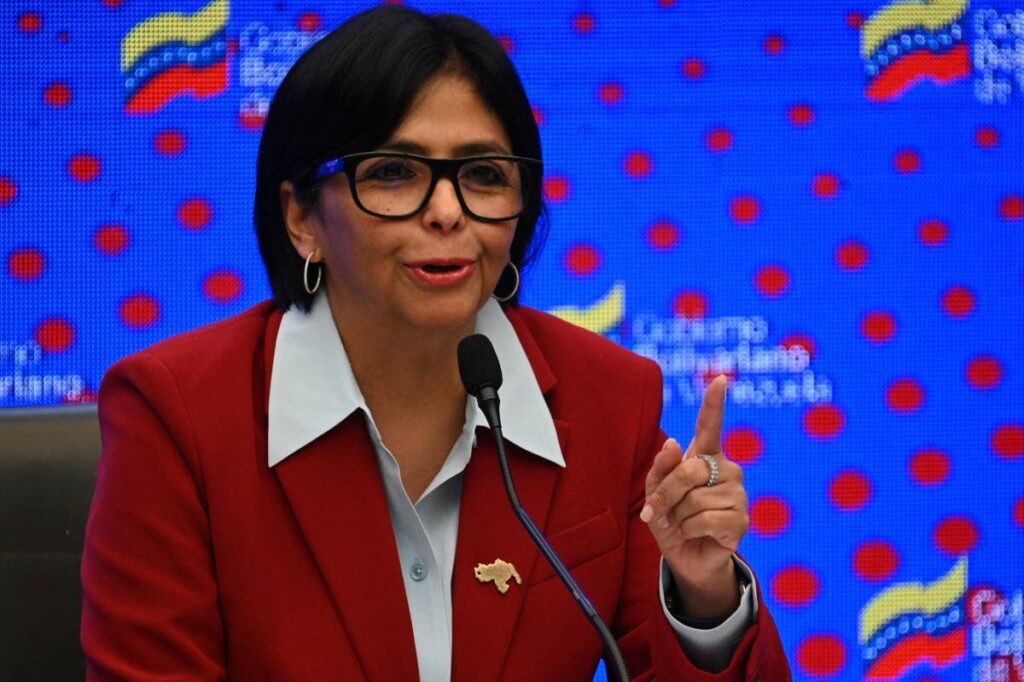In a significant development for regional aviation, WINAIR has officially expanded its operational network to bridge the long-standing connectivity gap between the Northern and Southern Caribbean. The airline, one of the region’s most established carriers, conducted its inaugural flight to Barbados on January 15, 2026, marking a pivotal moment in Caribbean air travel.
The historic flight originated from the British Virgin Islands (BVI), with an intermediate stop in St. Kitts and Nevis, before completing the final 75-minute segment to Barbados. This strategic expansion represents a concerted effort to enhance regional integration through improved air transportation infrastructure.
Barbados Tourism Marketing Inc. officials welcomed the new service with considerable enthusiasm. Chief Operations Officer Cheryl Carter emphasized the route’s significance during arrival ceremonies, noting that it provides essential seat capacity from the Caribbean, which constitutes Barbados’ third-largest tourism market. Carter further elaborated that WINAIR’s entry effectively addresses historical connectivity challenges between the Northern Caribbean and Barbados.
The new service establishes vital air links between Barbados and key Northern Caribbean destinations including St. Maarten and the British Virgin Islands. Public Relations Manager Belle Hunter characterized the development as reinforcing Barbados’ emerging status as a critical regional aviation hub, while simultaneously demonstrating WINAIR’s strategic investment in the island’s connectivity potential.
The inaugural flight, commanded by Captain Denrolin Crooke and First Officer Brian Alleyne, received a traditional water cannon salute upon arrival at RLB International Airport despite challenging weather conditions encountered during the return journey. Aviation authorities view this expansion as a substantial step toward creating a more integrated Caribbean transportation network that could stimulate tourism, trade, and regional cooperation.
